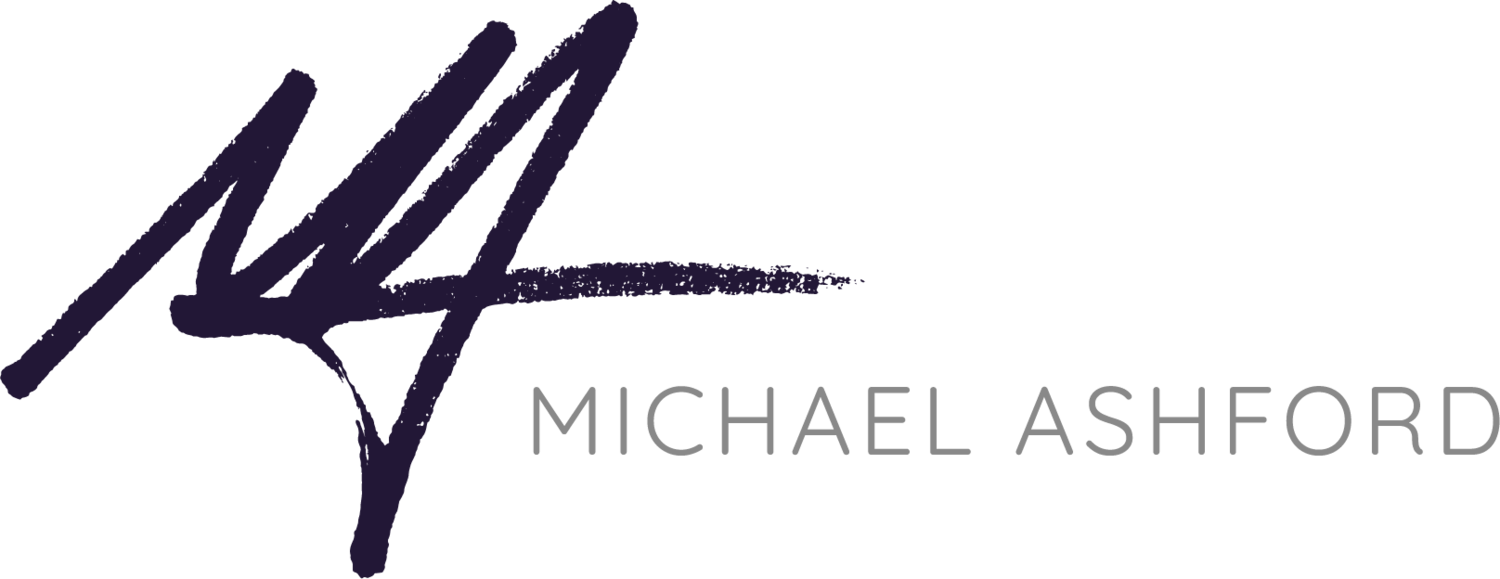Two communication mistakes most new leaders make
Effective leadership communication often goes against what typically comes to mind when you imagine what great communication looks and sounds like.
‘Often wrong but never in doubt’
Over the past week, seemingly everyone and their mother had an opinion about U.S. gymnast Simone Biles withdrawing from the Olympics for mental health reasons.
For reasons I do not understand, people cared... like... A LOT.
Impromptu speaking got you flustered? Here's how to overcome it...
If you struggle with confidence when it comes to impromptu speaking, it can be debilitating, and your career can be stunted as you avoid situations where you might be asked to speak in front of others.
Confidence and certainty, and why they are not the same
Certainty snuffs out nuance and curiosity, both of which are essential elements for productive communication, and leaves you susceptible to being disregarded or not taken seriously.
Opinions vs. assumptions
We must get curious about what it is we believe to be true, and what someone else’s experience might tell us about the world around us. Dig in and ask questions. Be curious. Strive to learn more, even if the truth — the facts — don’t line up with our opinions.
You're not speaking to a room full of goldfish, despite what you've been told
To grab the attention of a room, you need to take your experience and perspective and infuse it with meaning others can understand and relate to.
Want to craft a talk that gets noticed? Do these 3 things...
I’ve coached a lot of people through the creation process of their talks, and there are some crucial elements that help a talk stand out — whether it is on the TEDx dot, the breakout room, or the keynote stage.
Digitally direct: Tailoring your message to deliver clarity and kindness
But when communication is digital and dispersed — especially in fast-paced environments where communication is quick and pressure-packed — directness can create misunderstandings and even conflict.
Leadership communication training for new managers: Avoid these 7 common mistakes
Without leadership communication training, new leaders unknowingly fall into common traps that undermine their influence, erode trust, and stall progress.
The 5 leadership communication styles
Despite my apprehension to pare down so much nuance into just a handful of groupings, I can’t deny the patterns I’ve observed from leaders and the ways they communicate to their teams and their stakeholders, how they ask questions, and how they tell stories.
Setting boundaries when confronted with disrespect
How do you communicate effectively when faced with disrespect — to lean into your curiosity and set appropriate boundaries at the same time?
'How can I get them to change?!'
Change is the motive underlying many arguments and disagreements these days, and trying to achieve it actually impedes the very thing you want most.
Don't fall prey to conflict entrepreneurs
We see example after example in popular media of people who make their living off of reducing complicated issues into black-and-white binaries, removing nuance from conversation in favor of parroted talking points, and stereotyping the many based off the actions of the few.
No one likes a spoiler, so don't use them in your next talk
The Tell Them 3x method is uninspiring because it's boring as heck, and worse, it’s a major spoiler.
For such a time as this
The more we insist others listen to us, the more they push us away.
Are you a conversational drive-by shooter?
When was the last time a situation or a conversation got really hard, and rather than turn away from it, you pressed into it?
Asking questions doesn’t have to feel like an interrogation
4 strategies to help you approach asking questions in a way that encourages open dialogue.
Are you trauma-dumping on others?
In our quest to be more real and expose more people to the fullness of our stories, this push can go too far.
Own who you are and what you know
Self-disqualifying language undermines the makeup of who you are and what you know, and I’d love to see more of us own our experiences, perspectives, and expertise.
Who cares what anyone else thinks?
It is important to point out just how much of a conversational crutch this saying (and others like it) becomes when things start to get uncomfortable.
